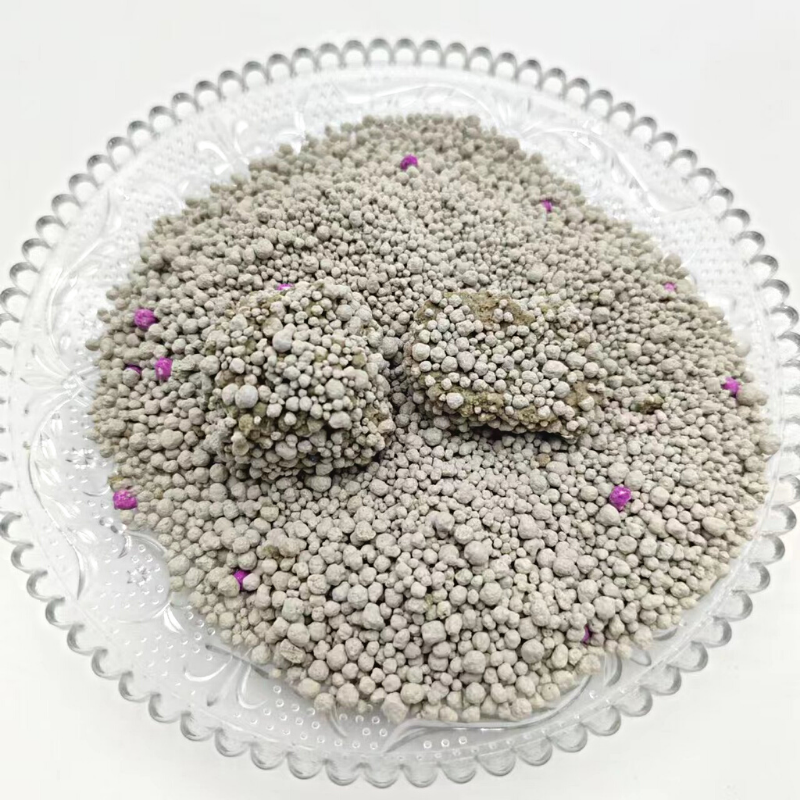
High-Quality Bentonite Clay Available for Purchase at Affordable Prices Now
The Versatile Uses of Bentonite Clay
Bentonite clay, a natural clay formed from the weathering of volcanic ash, has gained immense popularity across various industries and among health-conscious consumers. With its high absorption capacity and unique properties, bentonite clay offers a myriad of applications, making it a sought-after product in today’s market.
What is Bentonite Clay?
Bentonite is predominantly composed of montmorillonite, a mineral known for its excellent absorbent qualities. This clay has been used for centuries, with its applications traced back to ancient civilizations. The name bentonite is derived from Fort Benton, Wyoming, where the clay's unique properties were first identified. Natural and eco-friendly, bentonite clay is also celebrated for its ability to detoxify, heal, and rejuvenate.
Uses in Health and Wellness
In recent years, bentonite clay has emerged as a popular natural remedy. Many wellness enthusiasts use it for detoxification and skin care. When taken internally, bentonite clay is claimed to bind to toxins, heavy metals, and other impurities within the body, promoting digestive health. In skin care, it can be applied as a mask to absorb excess oil and impurities, leaving the skin feeling refreshed and rejuvenated.
Furthermore, bentonite clay is often used in the formulation of natural cosmetics, such as face masks, scrubs, and even shampoos. Its ability to soothe skin irritations and minimize pores has made it a favorite among those seeking natural beauty solutions.
Industrial Applications
The utility of bentonite extends far beyond personal care. In various industries, bentonite clay serves an essential role. In the construction industry, it is used in drilling fluids, cement, and as a sealing agent for landfills and ponds due to its swelling properties when mixed with water, creating a barrier that prevents contamination.
bentonite clay for sale

Additionally, bentonite acts as a binding agent in the production of iron ore pellets, enhancing the efficiency of the manufacturing process. It is also utilized in the foundry industry for molding sand, as it helps to improve the quality of castings.
Agricultural Benefits
Agriculturally, bentonite clay holds great significance. Farmers and gardeners appreciate its ability to improve soil quality, aiding in moisture retention and nutrient availability. It can help improve the structure of soil, making it more conducive for plant growth. Moreover, bentonite is often used as an additive in animal feed, promoting better digestion and overall health in livestock.
Therapeutic and Environmental Uses
In the realm of environmental applications, bentonite clay is crucial for waste management and environmental protection. Its unique properties make it invaluable for sealing landfill sites and containing hazardous waste, thereby preventing soil and groundwater contamination.
Moreover, its use in pond construction as a liner helps maintain water levels and prevent seepage, further showcasing its versatile nature.
Conclusion
The growing demand for bentonite clay has spurred an increase in its availability in the market, with various suppliers offering high-quality products for a range of applications. Whether for personal wellness, industrial use, or agricultural enhancement, bentonite clay stands out as a remarkably versatile material. Its natural, eco-friendly properties make it an appealing choice for those seeking sustainable solutions in health, industry, and environmental management.
As consumers become more aware of the benefits and applications of bentonite clay, its popularity is likely to continue to rise, fostering innovation and greater utilization across diverse fields. Whether you're looking for health benefits, agricultural improvements, or industrial solutions, bentonite clay is a valuable resource that has stood the test of time and continues to evolve with modern needs.
Share
-
Premium Pigment Supplier Custom Solutions & Bulk OrdersNewsMay.30,2025
-
Top China Slag Fly Ash Manufacturer OEM Factory SolutionsNewsMay.30,2025
-
Natural Lava Rock & Pumice for Landscaping Durable Volcanic SolutionsNewsMay.30,2025
-
Custom Micro Silica Fume Powder Manufacturers High-Purity SolutionsNewsMay.29,2025
-
Custom Mica Powder Pigment Manufacturers Vibrant Colors & Bulk OrdersNewsMay.29,2025
-
Custom Micro Silica Fume Powder Manufacturers Premium QualityNewsMay.29,2025






